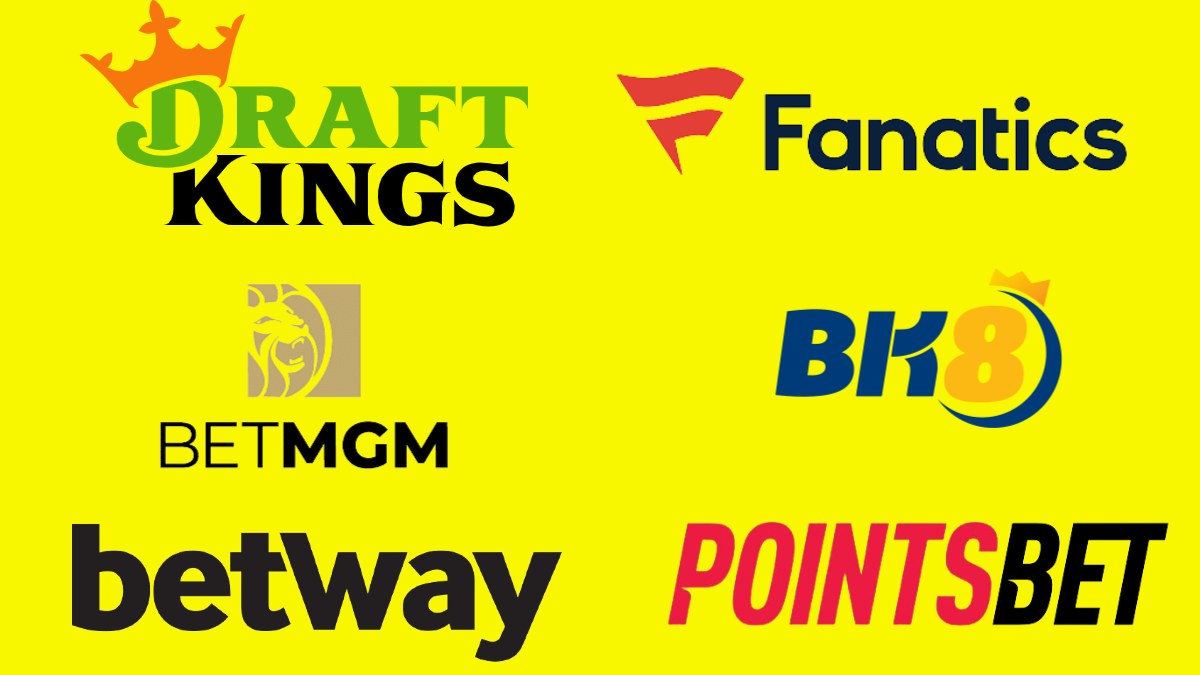Gambling sponsorship in sports refers to the practice of sports teams, events, and athletes partnering with gambling companies to promote their brands and products. This form of sponsorship has become increasingly common in recent years, as gambling companies have sought to increase their visibility and market share.
While gambling sponsorship can provide financial benefits for sports teams and organizations, there are also concerns about its impact on the integrity of sports and the potential harm to individuals who may develop problem gambling habits.

One of the main concerns is that gambling sponsorship could lead to conflicts of interest, with sports teams or athletes potentially being incentivized to engage in behavior that is not in the best interests of the sport or its fans. Additionally, there is a risk that individuals who are vulnerable to problem gambling could be encouraged to gamble excessively or irresponsibly, which could have negative consequences for their health and well-being.
To address these concerns, some countries have introduced regulations around gambling sponsorship in sports. For example, in the UK, the Gambling Act 2005 requires that all gambling advertisements include a warning about the risks of gambling, and prohibits gambling ads from being targeted at children or appearing during live sports broadcasts before 9pm.
Overall, while gambling sponsorship in sports can provide financial benefits, it is important for sports organizations and governments to consider the potential risks and take steps to mitigate them.
Gambling sponsorship in sports is a controversial issue in India. While some argue that it helps generate revenue and promotes the growth of sports, others believe that it promotes gambling addiction and has negative social consequences.
Currently, gambling is illegal in India under the Public Gambling Act of 1867. However, there are a few exceptions to this law, such as lotteries and horse racing, which are regulated by individual states. Recently, some states have also started legalizing online gambling.
In the context of sports, gambling companies have been known to sponsor teams, events, and even individual athletes. For example, in cricket, several teams have been sponsored by gambling companies, and some cricket tournaments have also had gambling companies as sponsors. This has raised concerns about the promotion of gambling addiction among fans and athletes.
The issue has gained particular attention in recent years, with the rise of online sports betting in India. The Indian Premier League (IPL) has been one of the most significant examples of this trend, with several online betting platforms sponsoring the tournament.

In response to these concerns, the government of India has taken some steps to regulate gambling and sports betting. In 2018, the Law Commission of India recommended legalizing sports betting in the country, subject to strict regulations. However, the government has not yet taken any concrete steps towards legalising sports betting.
Gambling sponsorship in sports in India is a contentious issue that raises concerns about gambling addiction and social consequences. While the government has taken some steps to regulate gambling, the issue is far from resolved and is likely to continue to be a subject of debate.
Premier League to withdraw gambling sponsorships from shirts:
Currently, eight of the 20 clubs in the league, including Newcastle United (Fun88), West Ham United (Betway), and Everton (Stake.com), have betting companies as their jersey sponsors.
From the 2026–27 season, Premier League clubs will no longer have gambling sponsorships on the front of their football uniforms, the English top flight league announced on Thursday.
A white paper on gambling regulation is scheduled to be released by the UK government as a recommendation for new laws.
The Times reported that ministers have indicated that if the voluntary agreement was struck, shirt sponsorship limitations would not be included in the white paper. Sleeve transactions are still allowed, the article added.
The Premier League issued a statement saying, “Premier League clubs have today collectively agreed to withdraw gambling sponsorship from the front of clubs’ matchday shirts.”
“The news comes after a thorough engagement with the league, its clubs, and the Department for Culture, Media, and Sport, which is a part of the Government’s continuing review of the law on gambling.
The collective agreement will go into effect at the conclusion of the 2025–26 season in order to help clubs transition away from shirt-front gambling sponsorship.
The Premier League continued by stating that it was collaborating with other sports on “the development of a new code for responsible gambling sponsorship”.

CONCLUSION:
The issue of gambling sponsorship in sports is complex, and there are valid arguments on both sides. On one hand, gambling sponsorship can provide significant revenue for sports organizations and teams, which can be used to fund initiatives that benefit athletes and fans alike. On the other hand, gambling addiction is a serious problem that can cause financial hardship, emotional distress, and other negative consequences for individuals and communities.
It is important for sports organizations to carefully consider the potential harms of gambling sponsorship, and to balance these with the potential benefits. Some organizations have already taken steps to distance themselves from gambling sponsorship, and others may follow suit in the future.
Ultimately, it is up to individual sports organizations, governing bodies, and governments to decide whether or not to allow gambling sponsorship in sports. However, it is important for these organisations to prioritise the health and well-being of athletes and fans, and to take steps to minimise the risks associated with gambling addiction.

